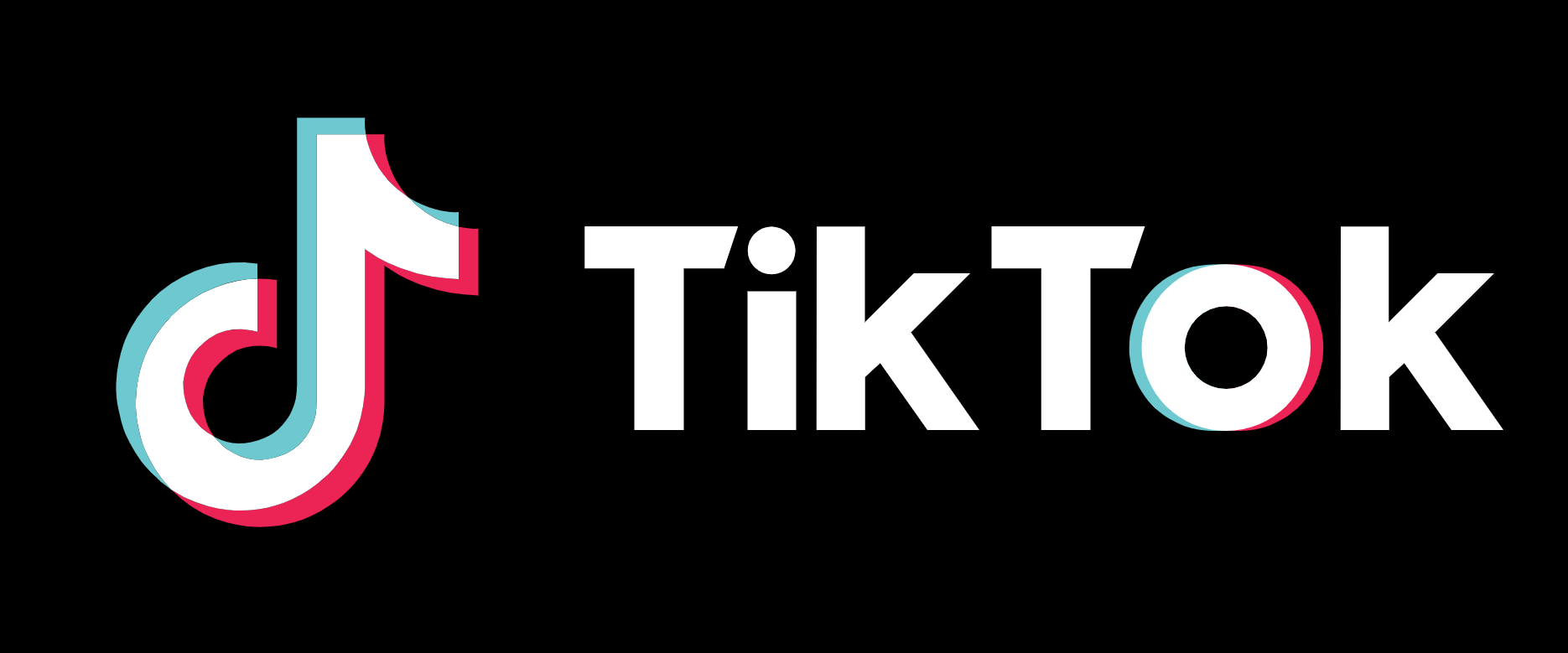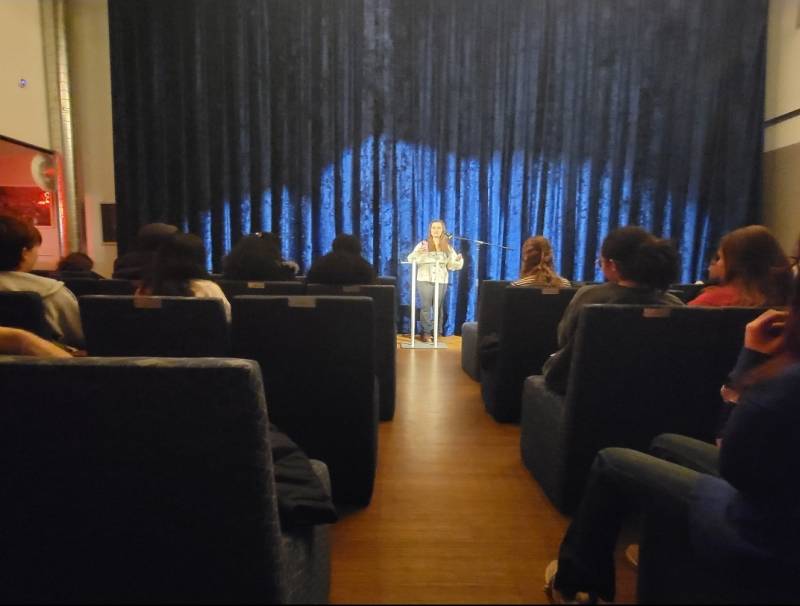Censorship Fears Rise as TikTok becomes Social Media Giant
Over the past year and a half, TikTok has become the defining social media app of Gen Z, not only in the U.S. but around the world in places like India and Europe. The app allows anyone to post videos up to 60 seconds and easily lets users use their favorite song or audio. Though it originated as Musical.ly, a nearly identical app, in 2017 the Chinese internet company ByteDance bought the app and relaunched it as TikTok, with all Musical.ly accounts migrating over to TikTok in August 2018. ByteDance is now the world’s largest startup, estimated to be valued at a staggering “$78 billion,” according to CNBC.
While the app remains as one of the most exciting and lighthearted places on the internet, many users, investors, and politicians are concerned about TikTok. Specifically, many fear the company's ties to China and the lack of freedom of speech on the app. In September 2019, The Washington Post reported that searches for the ongoing, brutal protests in Hong Kong are instead covered by “more politically convenient — version of reality: playful selfies, food photos, and singalongs, with barely a hint of unrest insight.” Later that month The Guardian reported that leaked documents revealed that Tiktok “instructs its moderators to censor videos that mention Tiananmen Square, Tibetan independence, or the banned religious group Falun Gong.”
Soon after, U.S. Representatives like Marco Rubio (R-FL), Chuck Schumer (D-NY) and Tom Cotton (R-AR), called for a formal investigation into whether TikTok poses a national security risk. “These Chinese-owned apps are increasingly being used to censor content and silence open discussion on topics deemed sensitive by the Chinese Government and Community Party,” Rubio wrote. This caused the Federal Committee on Foreign Investment in the United States (CFIUS), which investigates potential national security implications of foreign acquisitions of US companies, to launch a review of ByteDance’s near $1 billion acquisition of Musical.ly.
Researchers have grown worried that the app could also prove to be one of China’s most effective weapons in controlling global information, bringing Chinese-style censorship to mainstream U.S. audiences and shaping how they understand real-world events. The New York Times even reported that an anonymous investigator “said that the American government had evidence of the app sending data to China.” With such a young and sensible user base, users will have to understand the possible implications and hidden truth behind the app.










